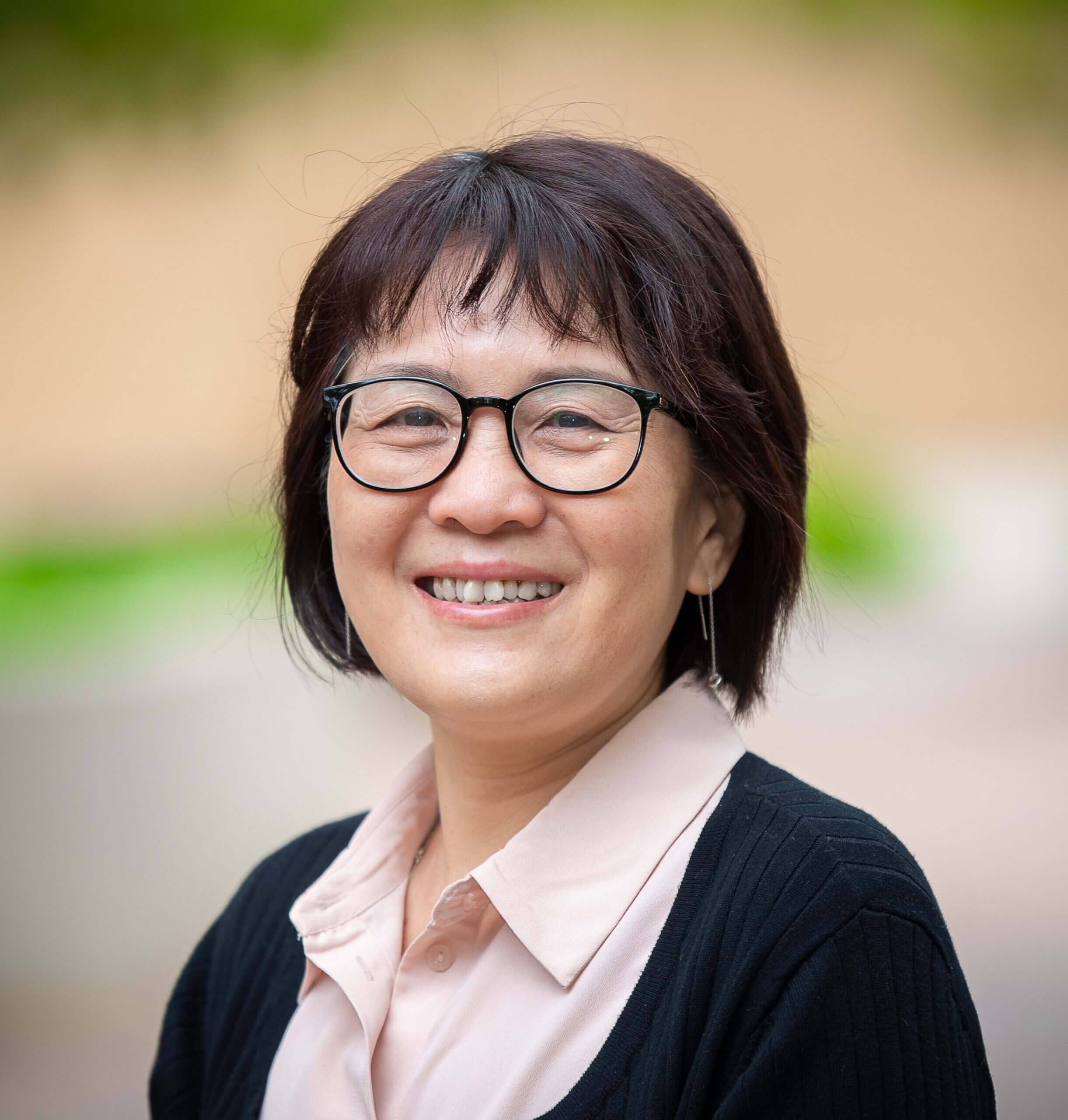Program 3
Methods for increasing circularity and longevity
Program 3 is at the forefront of integrating circularity and longevity into the next generation of infrastructure design, known as Infrastructure 4.0. This initiative focuses on three innovative projects co-designed with industry partners to conserve natural resources and reduce carbon emissions. The first project aims to extend the service life of infrastructure through real-time data analysis and time-dependent reliability methods. The second project explores the potential of reversible joints to enhance the reusability and circularity of materials and components, emphasizing design for disassembly. The third project develops circulytics to assess the circular performance of infrastructure, combining material passport technology with the concept of “built as material banks” for a holistic view of circularity and carbon neutrality. Together, these projects strive to achieve sustainable, resilient, and carbon-neutral infrastructure through advanced design principles and cutting-edge technology, marking a significant step towards a sustainable future.

Program Lead:
Professor Kim Rasmussen

Co-Lead:
Professor Yan Zhuge
Project 1
Project lead: Prof Kim Rasmussen (The Univesity of Sydney)
Evaluating the long-term structural and carbon performance of water pipe systems
This project focus include:
- Developing stochastic models for deterioration of material and structural strengths and feed the models into reliability analyses to predict the service life of new and selected in-situ pipe networks.
- Performing life cycle carbon performance analyses of pipe systems and develop time-dependent reliability analyses to predict the carbon emission limit state of new and selected in-situ pipe networks.
- Developing tools for calculating the remaining service life of a pipe network and deciding when to replace the pipe network.
Project 2
Project lead: Prof Yan Zhuge (The University of South Australia)
Sludge-derived low carbon biochar concrete through CO2 mineral carbonation curing technology
The aim of this project is to develop an innovative concrete material incorporating drinking water treatment sludge (DWTS) as biochar to produce carbon neutral concrete and sequestration techniques for infrastructure.
Project 3
Project lead: Prof Kevin Zhang (RMIT University)
